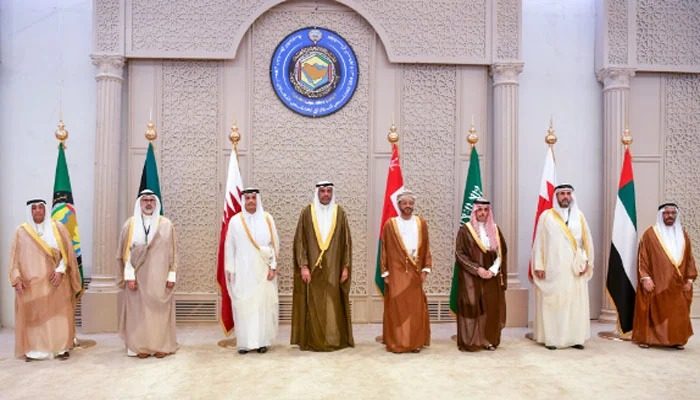
News Desk
KUWAIT: The Gulf Ministerial Council, in its 164th meeting held under the chairmanship of Kuwait’s Foreign Minister Abdullah Ali Abdullah Al-Yahya, issued a strong statement condemning the recent wave of violence targeting security installations and a train in Balochistan during March. The statement, released from Kuwait, also denounced attacks on mosques in Pahalgam, located in occupied Kashmir, alongside violence in several African countries, reflecting the council’s broad concern over rising regional and global insecurity.
The council expressed its welcome for the recent ceasefire agreement between Pakistan and India, urging both nations to capitalize on this development by pursuing sustained diplomatic engagement to resolve their longstanding conflicts. Emphasizing the critical role of international institutions, the statement called for strengthening the United Nations Military Observer Group in Kashmir, underscoring the UN’s vital contribution to maintaining stability in the troubled region.
Highlighting the importance of neighborly relations in South Asia, the council praised Saudi Arabia for its constructive efforts in easing tensions between Pakistan and India, portraying such mediation as essential for regional peace. The statement reaffirmed that lasting stability in South Asia can only be achieved through adherence to United Nations resolutions and a continued presence of UN military observers, which act as neutral guarantors of peace and security.
In a clear call for restraint, the Gulf Ministerial Council urged all parties in the region to avoid the use of force or threats, advocating for peaceful resolution of disputes through dialogue and diplomacy. The meeting’s declaration reflects a growing consensus among Gulf states on the necessity of constructive engagement and multilateral cooperation to address complex geopolitical challenges in South Asia and beyond.



